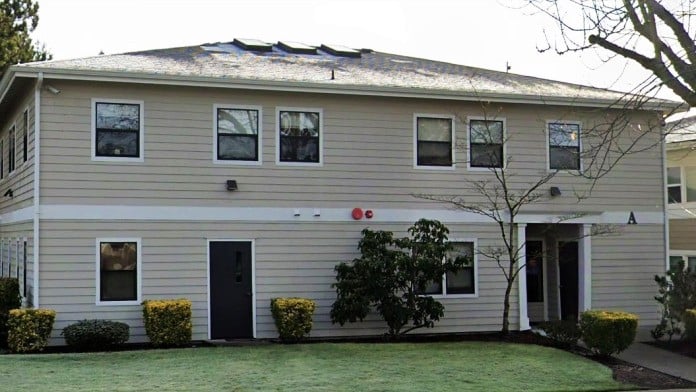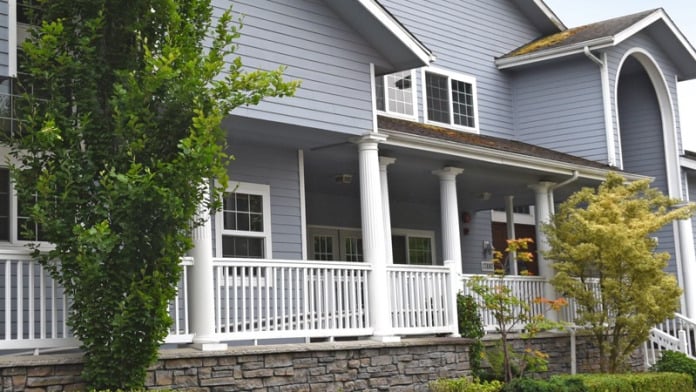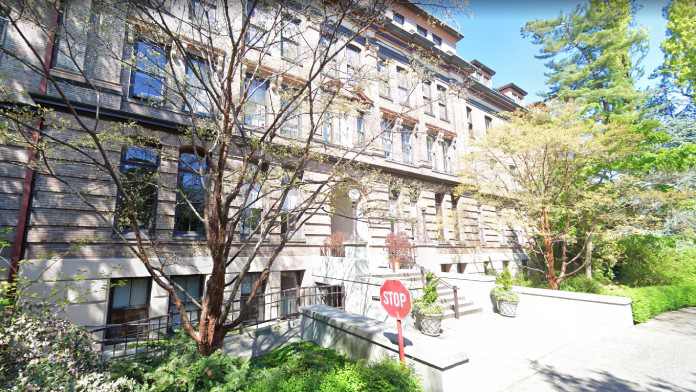About Evergreen Recovery Centers
Evergreen Recovery Centers in Everett, Washington is a treatment center for drug and alcohol addiction. They used to be called Evergreen Manor but as Evergreen Recovery Centers they now have locations in several areas of the state. This particular location is their administrative office. As an organization they offer a full range of services for people dealing with substance use challenges.
Deferred Prosecution and Treatment for DUI Offenders
One of their main offerings is DUI and Deferred Prosecution which can help you get the treatment you need instead of going to jail for crimes related to substance use. You’ll have a drug and alcohol assessment at the beginning to see where you are and what you need for recovery. To demonstrate commitment to the program, you may be expected to start treatment before presenting a petition for deferred prosecution.
Drug and Alcohol Awareness Program
In addition to DUI related services, Evergreen Recovery Centers offers an Alcohol and Drug Information School (ADIS). This program is an eight hour course that educates you on the physical, emotional, and social effects of alcohol and drug abuse.
Helping Individuals Avoid the Criminal Justice System
Evergreen Recovery Centers takes part in the Law Enforcement Assisted Diversion (LEAD) program alongside police, prosecutors, public defenders, and social service providers. The program helps redirect people facing low-level drug, property, or prostitution-related charges away from jail and into supportive services.
Evergreen Recovery Centers works with the Snohomish County Family Drug Treatment Court to help parents at risk of losing custody due to substance use. The program focuses on treatment and long-term recovery to support family reunification. Evergreen Recovery Centers conduct assessments on participants, provides or refers them to treatment, and collaborates closely with the rest of the Family Drug Court team to monitor progress.
Latest Reviews
Rehab Score
Accepted Insurance


Other Forms of Payment
Medicaid is a state based program that helps lower-income individuals and families pay for healthcare. Medicaid covers addiction treatment so those enrolled can use their coverage to pay for rehab. When a program accepts Medicaid the client often pays very little or nothing out of their own pocket.
Private insurance refers to any kind of healthcare coverage that isn't from the state or federal government. This includes individual and family plans offered by an employer or purchased from the Insurance Marketplace. Every plan will have different requirements and out of pocket costs so be sure to get the full details before you start treatment.
Self-pay involves paying for treatment out of your own pocket. You can use savings or credit, get a personal loan, or receive help from family and friends to fund your treatment. If you don't have insurance or your insurance plan doesn't cover a specific program, self-pay can help ensure you still get the care you need.
Financial aid can take many forms. Centers may have grants or scholarships available to clients who meet eligibility requirements. Programs that receive SAMHSA grants may have financial aid available for those who need treatment as well. Grants and scholarships can help you pai for treatment without having to repay.
Sliding scale payments are based on a client's income and family size. The goal is to make treatment affordable to everyone. By taking these factors into account, addiction recovery care providers help ensure that your treatment does not become a financial burden to you or your family, eliminating one barrier to care.
Addiction Treatments
Levels of Care
Outpatient Programs (OP) are for those seeking mental rehab or drug rehab, but who also stay at home every night. The main difference between outpatient treatment (OP) and intensive outpatient treatment (IOP) lies in the amount of hours the patient spends at the facility. Most of the time an outpatient program is designed for someone who has completed an inpatient stay and is looking to continue their growth in recovery. Outpatient is not meant to be the starting point, it is commonly referred to as aftercare.
Treatments
The goal of treatment for alcoholism is abstinence. Those with poor social support, poor motivation, or psychiatric disorders tend to relapse within a few years of treatment. For these people, success is measured by longer periods of abstinence, reduced use of alcohol, better health, and improved social functioning. Recovery and Maintenance are usually based on 12 step programs and AA meetings.
Effective drug rehab in Washington integrates care for the whole person, offering comprehensive solutions to addiction. Treatment methods address mental, physical, and relational aspects of substance abuse.
Opioid rehabs specialize in supporting those recovering from opioid addiction. They treat those suffering from addiction to illegal opioids like heroin, as well as prescription drugs like oxycodone. These centers typically combine both physical as well as mental and emotional support to help stop addiction. Physical support often includes medical detox and subsequent medical support (including medication), and mental support includes in-depth therapy to address the underlying causes of addiction.
Substance rehabs focus on helping individuals recover from substance abuse, including alcohol and drug addiction (both illegal and prescription drugs). They often include the opportunity to engage in both individual as well as group therapy.
Programs
Adult rehab programs include therapies tailored to each client's specific needs, goals, and recovery progress. They are tailored to the specific challenges adult clients may face, including family and work pressures and commitments. From inpatient and residential treatment to various levels of outpatient services, there are many options available. Some facilities also help adults work through co-occurring conditions, like anxiety, that can accompany addiction.
Young adulthood can be an exciting, yet difficult, time of transition. Individuals in their late teens to mid-20s face unique stressors related to school, jobs, families, and social circles, which can lead to a rise in substance use. Rehab centers with dedicated young adult programs will include activities and amenities that cater to this age group, with an emphasis on specialized counseling, peer socialization, and ongoing aftercare.
Clinical Services
Group therapy is any therapeutic work that happens in a group (not one-on-one). There are a number of different group therapy modalities, including support groups, experiential therapy, psycho-education, and more. Group therapy involves treatment as well as processing interaction between group members.
Contact Information
11627 Airport Road
Suite B
Everett, WA 98204













